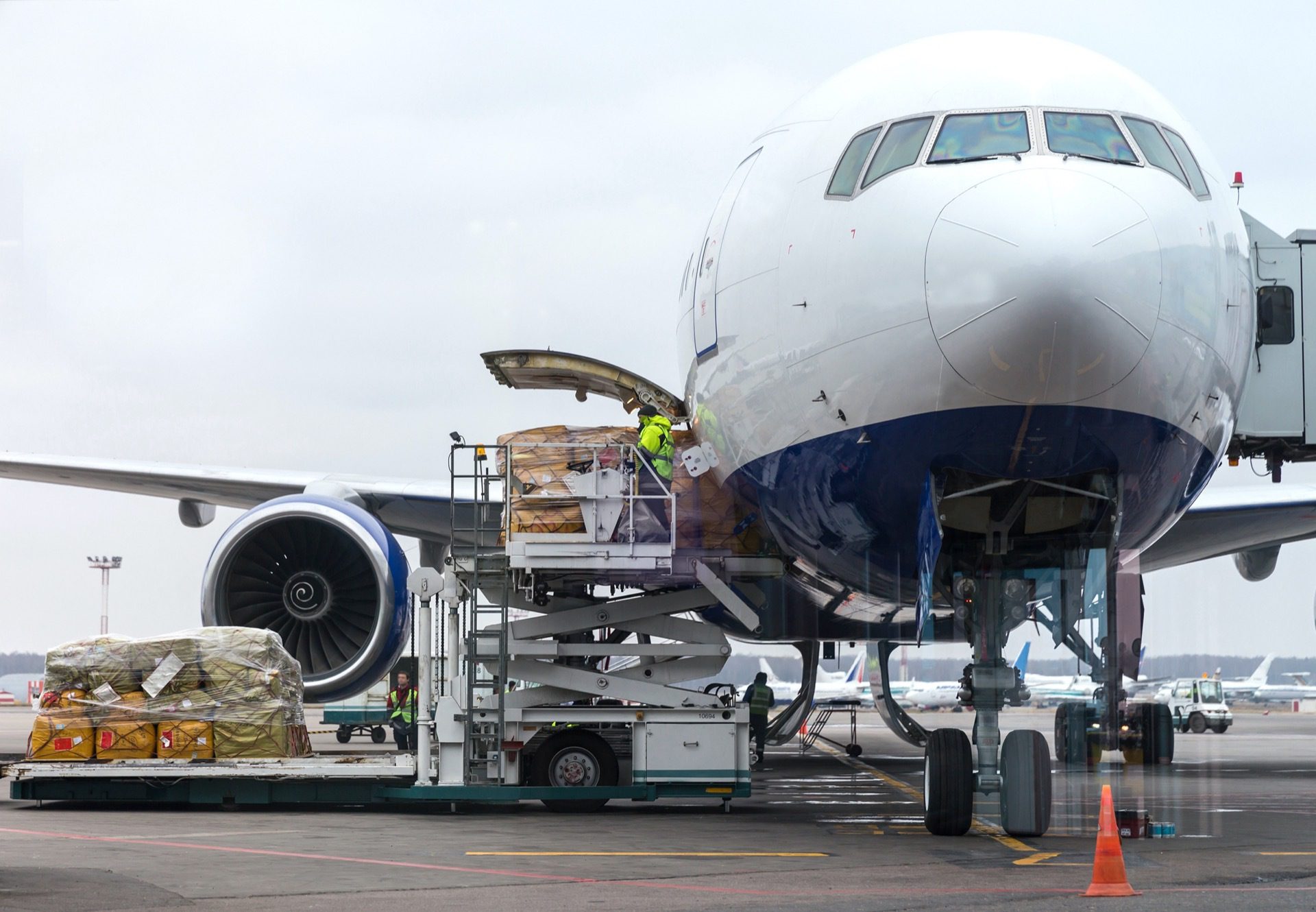
Air freight forwarding is a linchpin in global trade, enabling rapid and efficient transportation of goods across the globe. This guide offers an in-depth look at air cargo transportation, highlighting its pivotal role in international commerce and the logistics behind it.
What Is Air Freight Forwarding?
Air freight forwarding involves the meticulous planning and execution of shipping goods via air. Utilizing both passenger airlines and cargo planes, it’s the go-to method for transporting items that require quick delivery, high security, or are of considerable value. For instance, electronics, pharmaceuticals, and fashion items often travel this route due to their time sensitivity and value.
Understanding Air Cargo Costs
Several factors influence air freight costs:
- Weight and Volume: Heavier or bulkier items cost more. For example, shipping a pallet of machinery parts is more expensive than a few boxes of apparel.
- Destination: Longer distances, like shipping from Los Angeles to Singapore, typically incur higher costs than shorter routes.
- Urgency: Need it there tomorrow? Expedited shipping will cost more but ensures rapid delivery.
- Additional Services: Special handling for fragile items or insurance for high-value goods like artwork can increase the total cost.
Air vs. Ocean Freight
Choosing between air and ocean freight depends on your specific needs:
- Speed: Air freight is ideal for urgent shipments, like automotive parts needed for a production line, while ocean freight suits less time-sensitive cargo.
- Cost: Ocean freight is more budget-friendly for heavy and large items, such as machinery or bulk agricultural products.
- Flexibility and Reliability: Air freight offers more predictable schedules, making it suitable for just-in-time manufacturing processes.
Key Steps in Air Freight Forwarding
- Incoterms: These terms define cost and liability responsibilities. For example, FOB (Free On Board) means the seller is responsible until the goods are loaded onto the aircraft.
- Booking and Documentation: This involves securing space on flights and preparing documents. For instance, an airway bill acts as a receipt and a contract for the shipment.
- Customs Clearance: Ensuring compliance with export and import regulations is vital. Misclassification of goods, like mistakenly labeling consumer electronics as industrial components, can lead to delays and fines.
- Warehousing: This service provides storage for cargo before delivery. For example, a consignment of fashion goods might be stored near an airport before being distributed to retail outlets.
Choosing an Air Freight Forwarder
Key considerations include:
- IATA Certification: This indicates adherence to industry standards. For example, an IATA-certified forwarder would be up-to-date with safety regulations for shipping lithium batteries.
- Global Network: A forwarder with a broad network can efficiently handle complex routes, like shipping from the Asian sub-Continent to the US midwest.
- Experience and Reputation: A forwarder with a history of handling diverse cargo types, like perishable goods or hazardous materials, can be a valuable asset.
Conclusion
Air freight forwarding is essential for businesses requiring speed and reliability in their supply chain. Understanding its nuances and choosing a competent partner can greatly enhance your shipping experience. Dedola Global Logistics, with its rich history and expertise, is an excellent choice for those seeking professional air freight services.


